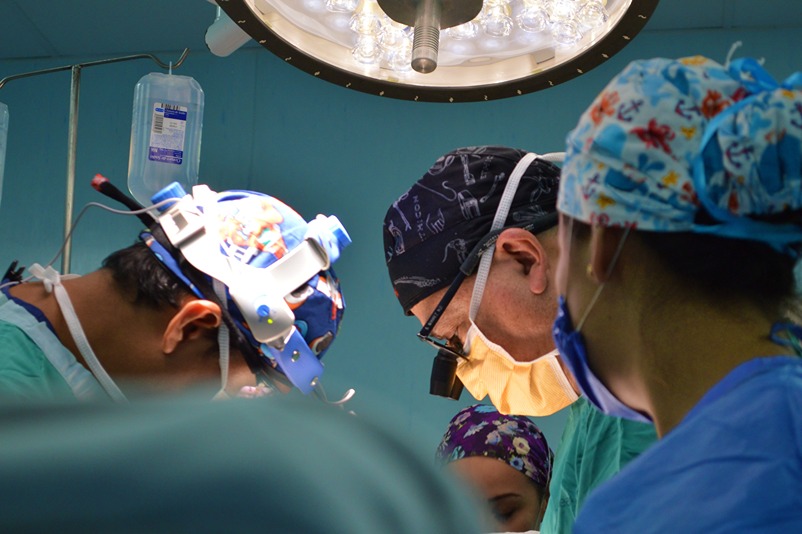
That a surgeon would leave something in your body sounds like something you hear only on investigative news shows. But it happens—and more often than you probably think.
If you’ve undergone recent surgery, learning more about potential warning signs of a foreign object is crucial. You want to know these signs and seek additional medical treatment before it becomes a life-threatening condition.
The type of objects left in the body after surgery can vary widely.
If you suspect you have a foreign object in your body following surgery, contact a skilled medical malpractice lawyer at Poulos & Coates today.
We can help you get treatment and pursue compensation against the responsible parties. Read on to learn more about recognizing potential symptoms of objects and instruments left in patients after surgery.
Warning Signs of Objects Left in a Body After Surgery
Foreign objects left in the body are often called retained surgical bodies (RSB) or unintended retained foreign objects (URFO). Depending on the circumstances, symptoms could appear immediately, weeks, months, or even years later.
There’s a risk of death with some foreign objects, so it’s crucial to understand what to look for after surgery. Signs include:
- Trouble urinating;
- Constipation;
- Bloody, black, or tar-like stools;
- Tenderness or swelling near the surgical site;
- Fever;
- Severe and recurring headaches;
- Severe pain around or near the surgical site;
- Coughing up or vomiting blood;
- Seepage near the surgical site;
- Severe pain in your leg;
- Difficulty with basic bodily functions such as eating, breathing, and swallowing;
- Unexplained weight loss;
- Swollen lymph nodes;
- Streaks near the incision;
- Numbness in the feet or hands;
- Unpleasant odor coming from the incision site;
- Difficulty keeping liquids or food down, even if you’re hungry;
- Abscess or fistula forming; and
- An overall decline in your health.
If you have any symptoms following surgery, please immediately speak with a doctor. The longer you wait, the higher the risk of complications.
What Are the Risks of a Surgical Instrument Left Inside a Patient?
Post-surgery, if a foreign object (like a surgical sponge) is unintentionally left inside a patient’s body, it can lead to long-term issues. These objects might trigger aseptic inflammation or exudation without an infection, causing persistent pain or discomfort over months or years.
Left behind metal instruments might be discovered sooner because symptoms might develop quickly. Fabric items may stay in the body for years, eventually fusing or wrapping around vital organs. They can cause blockages, infections, and more.
Can You File a Lawsuit Against the Responsible Parties?
Yes, but filing a foreign object left in the body after a surgery lawsuit is complicated. You need a skilled lawyer on your side who can walk you through the process and protect your rights. You have the right to pursue compensation for your injuries and other damages. If your case is successful, you can receive compensation for the following:
- Your medical expenses;
- Future expected medical costs;
- Lost wages and loss of earning capacity;
- Pain and suffering; and
- Mental anguish.
Your attorney will help you calculate your potential case value and let you know what damages you’re eligible to receive.
Contact a Las Cruces, New Mexico Medical Malpractice Lawyer Today
Pursuing legal action for a retained surgical body is essential. You need to hold the responsible parties accountable to ensure no one else is harmed by their negligence.
You likely need additional surgery to have the foreign body removed too. The surgeon malpractice lawyers at Poulos & Coates specializes in medical malpractice lawsuits.
We have the legal expertise and resources to help you pursue maximum compensation against the defendants. Contact our office today to schedule an initial consultation to learn more about how we can assist you.

